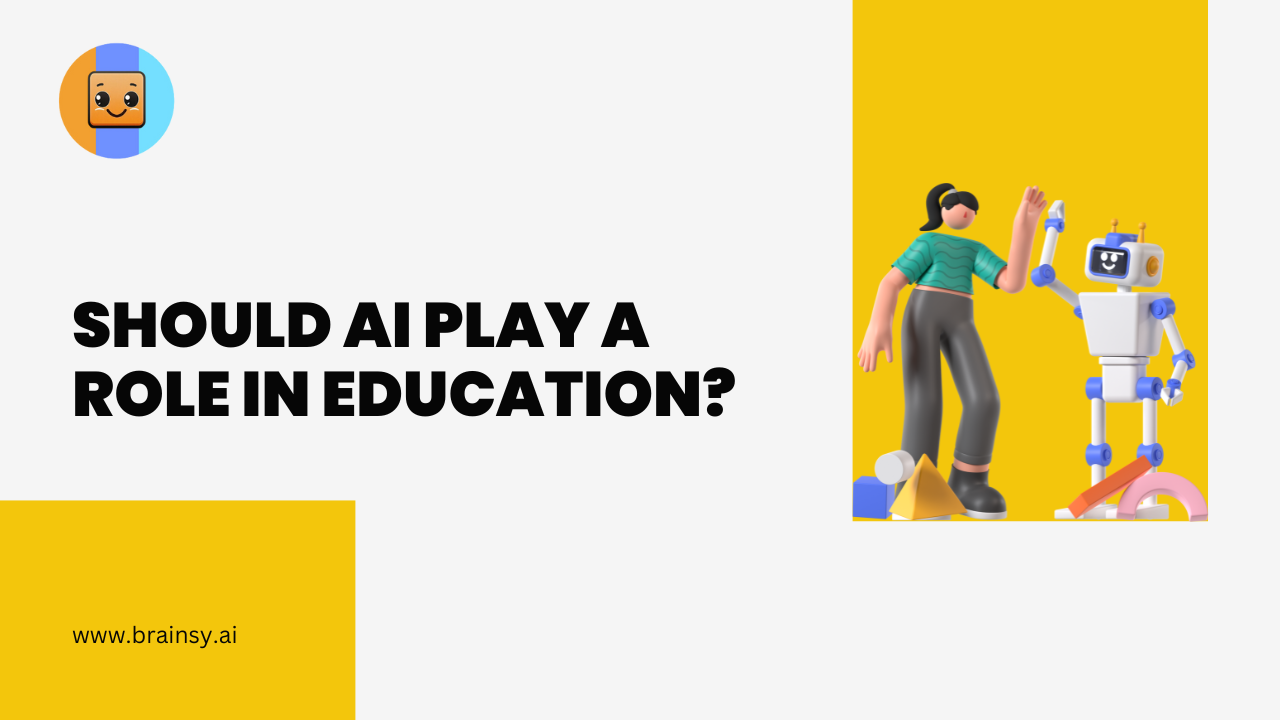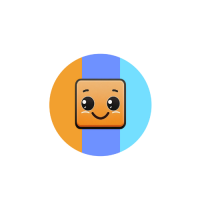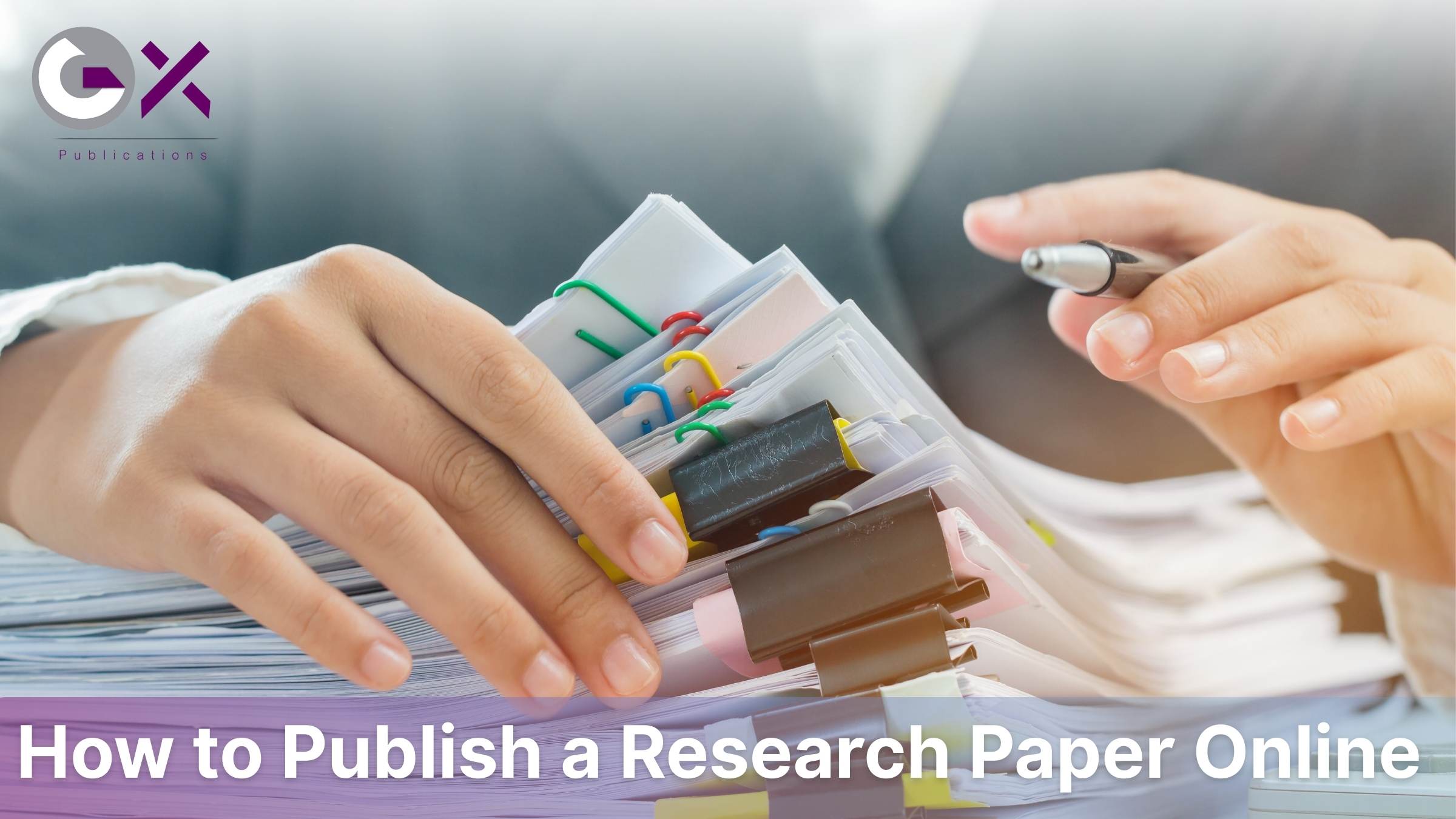Should AI Play a Role in Education?

Strong 8k brings an ultra-HD IPTV experience to your living room and your pocket.
The rapid evolution of artificial intelligence (AI) has sparked a critical debate in education: Should AI play a role in the classroom? As technology transforms every aspect of our lives, educators, administrators, and policymakers are weighing the potential of AI to revolutionize learning against concerns about ethics, privacy, and the risk of overreliance on machines.
The Promise of AI in Education
Personalized Learning
AI-powered systems have the potential to tailor educational experiences to individual student needs. By analyzing learning patterns and performance data, platforms can adjust content difficulty and provide targeted support—ensuring that every student, regardless of their skill level, is challenged and engaged. This personalized approach not only enhances learning outcomes but also builds student confidence.
Enhancing Teaching Efficiency
Integrating AI in education can relieve teachers of routine administrative tasks. Automated grading systems, AI-driven lesson planning tools, and data analytics platforms enable educators to focus on what they do best—teaching and inspiring students. Free AI tools for teachers and AI based learning management systems are already streamlining workflows, making classroom management more efficient and data-driven.
Supporting Diverse Learning Needs
In a diverse classroom, AI tools for students offer vital support by providing real-time tutoring, language translation, and accessibility features. Whether it’s an AI tutor helping a student grasp challenging math concepts or an AI-powered translation tool assisting non-native speakers, technology can bridge educational gaps and foster an inclusive environment.
Empowering Administrators
AI tools for administrators are transforming school operations by automating scheduling, tracking attendance with biometric systems, and optimizing resource allocation. Such innovations free up time and resources, allowing school leaders to concentrate on strategic initiatives that improve the overall quality of education.
Challenges and Ethical Considerations
Data Privacy and Security
One of the foremost concerns with integrating AI in education is safeguarding student data. As schools collect and analyze vast amounts of information, ensuring that sensitive data is protected from breaches and misuse is critical. Robust privacy policies and adherence to data protection regulations are necessary to build trust among parents, students, and educators.
Bias in AI Algorithms
AI systems are only as good as the data they are trained on. If the underlying data is biased, AI tools for teachers can inadvertently perpetuate or amplify inequalities. Addressing this challenge requires ongoing evaluation and adjustments to ensure that AI applications promote fairness and inclusivity in the classroom.
The Role of Human Interaction
While AI can provide personalized learning experiences and efficient administrative support, it cannot replace the nuanced understanding and empathy of human teachers. The ideal educational model should balance AI-driven insights with the human touch—ensuring that technology enhances rather than overshadows the teacher-student relationship.
Teacher Training and Adaptation
The successful integration of AI into education depends on how well teachers are trained to use these tools. Professional development programs and continuous support are essential to help educators effectively incorporate AI into their teaching practices without feeling overwhelmed or replaced.
Balancing Technology with Tradition
The debate over AI in education often centers on finding the right balance. On one side, proponents argue that AI can democratize education, making high-quality learning accessible to all. On the other hand, critics caution against overreliance on technology, which may lead to diminished human interaction and critical thinking skills.
- A balanced approach involves: Supplementing, Not Replacing: AI should be used to complement traditional teaching methods, not replace them. By automating repetitive tasks and providing additional support, AI allows teachers to focus on creative and interpersonal aspects of education.
- Ethical Implementation: Schools must prioritize ethical considerations by implementing transparent data practices, regularly auditing AI systems for bias, and ensuring that all stakeholders are informed and involved in decision-making.
- Continuous Evaluation: The impact of AI in education should be continually assessed. Feedback from educators, students, and parents can help refine AI tools and ensure they meet the evolving needs of the educational landscape.
Conclusion
The question of whether AI education tool is multifaceted. On the one hand, AI holds immense promise for personalized learning, enhanced teaching efficiency, and inclusive education. On the other, it raises important ethical and practical challenges that cannot be overlooked. Ultimately, the future of education may lie in a hybrid model where AI and human insight work together to create more dynamic, effective, and equitable learning environments. By carefully balancing innovation with ethical responsibility, educators can harness the power of AI to enrich the educational experience for everyone.
Note: IndiBlogHub features both user-submitted and editorial content. We do not verify third-party contributions. Read our Disclaimer and Privacy Policyfor details.







